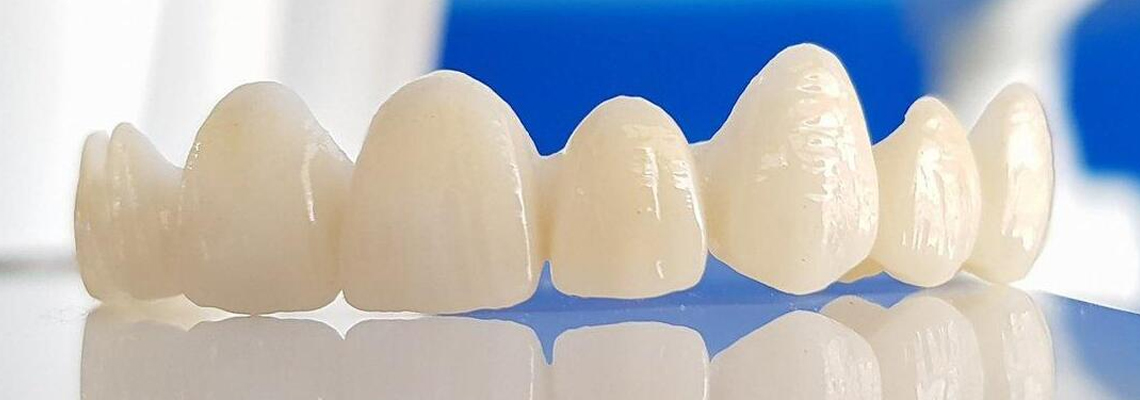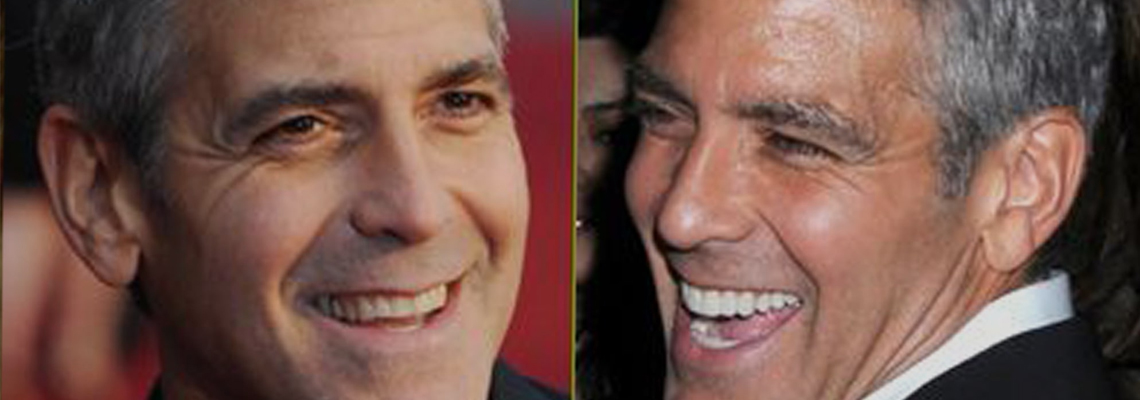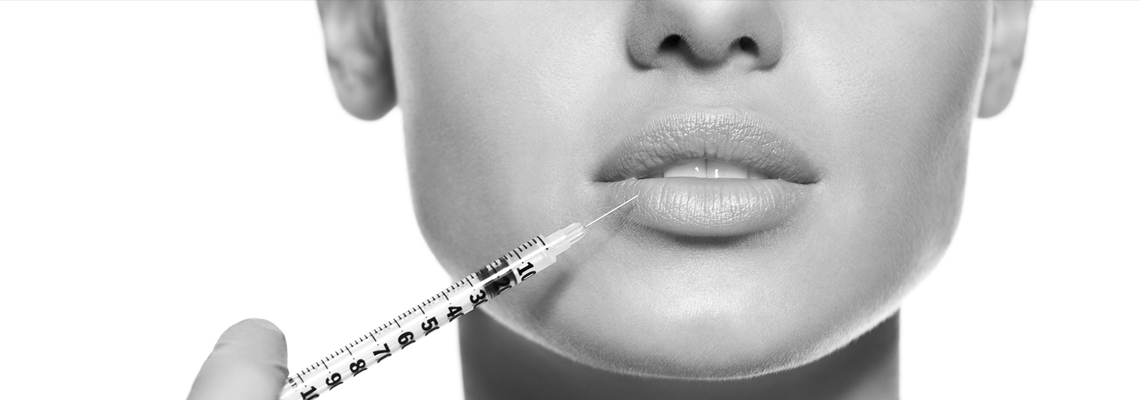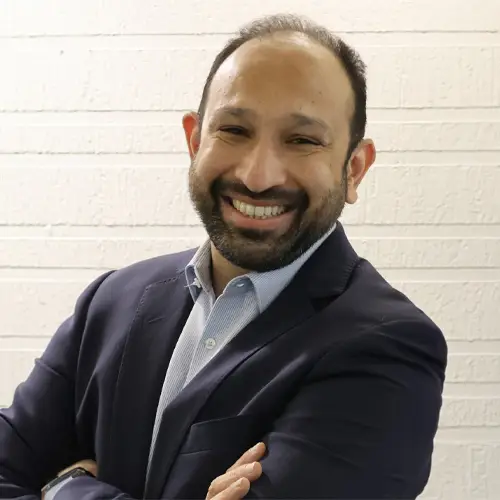A smile shows joy, happiness, and warmth for everyone, right? Even though smiles are a form of nonverbal communication that can be understood by people who don’t speak the same language, they can mean very different things in different countries. In this blog post, we’ll dive into the fascinating world of smiles and look at how they are received and understood in different cultures.
The Universality of Smiles
First, let’s agree that smiles are something everyone does. Smiles are usually linked to good feelings and used to show happiness, warmth, and friendliness all over the world. When we smile, we make a link with other people and make them feel like they can trust us and talk to us. Babies in all countries, for example, start to smile at a young age because it’s a natural response to being happy.
Cultural Variations in Smiles
The American Smile
In many Western countries, like the U.S., smiling is seen as a normal thing to do. Americans smile a lot as a sign of courtesy and to make people feel welcome. In American society, a smile is usually seen as a friendly and positive thing to do.
The Japanese Smile
In Japan, people often smile to hide their feelings, even bad ones. The idea of “smiling through pain,” or “gaman,” is very important to the Japanese way of life. It means smiling even when things are hard or uncomfortable, which can sometimes be seen as a sign of kindness instead of real happiness.
The Russian Smile
In Russia, people don’t smile at each other as often as they do in some other places. Russians smile more with their friends and family than with people they don’t know. In Russia, a smile from a stranger can be seen as fake or even suspicious.
The Middle Eastern Smile
In cultures from the Middle East, a smile is often a sign of friendliness and kindness. A warm smile is a common way to meet someone and is seen as a good thing. But, just like in Japan, a smile may not always mean that someone is happy. It can also be used to show respect.
The French Smile
The French culture puts a lot of importance on real feelings. In France, a smile is seen as a true sign of happiness, and people usually only smile when they are truly happy.
Understanding Cultural Context
How people in different countries understand smiles has a lot to do with their cultural norms, values, and social etiquette. When interacting with people from different backgrounds, it’s important to be aware of and accept these differences. Here are some important points:
Don’t Assume: Don’t think you know how someone feels just by looking at their smile. In some countries, a smile might not always mean that someone is happy, so it’s important to look at the bigger picture.
Respect Personal Space: In countries where strangers don’t usually smile at each other, it’s important to respect their personal space and boundaries. Having a nice attitude doesn’t always mean you have to smile.
Adapt and Learn: When you talk to people from other countries, take the time to learn about their customs and rules about facial expressions, such as smiling. This shows that you understand and value other cultures.
Embrace diversity: Enjoy the rich tapestry of different cultures and the different ways people show who they are through smiles and other nonverbal signs. Celebrate the uniqueness of these things.
The Power of a Smile: A Universal Connection
Even though smiles mean different things in different countries, one thing stays the same: a smile has the power to bring people together, bridge gaps, and show good feelings. In our interconnected world, it’s important to understand and accept the different ways people from different cultures understand smiles. This is a key step toward effective communication and building relationships that matter.
As designers of smiles and as people, we can respect the different ways people understand smiles and celebrate the variety of ways people can express themselves. In any culture, a smile is a strong and beautiful way to communicate that goes beyond words. It connects us all through the language of happiness and kindness, which we all speak.
Are You Looking For Dental Implants
Click on the links below to learn more about the approximately $50,000 savings option for Dr. Motiwala’s packages.
- Full mouth dental implants & Cost of Treatment
- Smile Makeover & Cost of Treatment
- Watch 100’s of Testimonials from our International Patients
Make An Appointment!
Please contact us if you have dental difficulties or are interested to know about dental implants and how they might improve your smile. Dr. Motiwala Dental Clinic & Implant Center may be reached at +91 99596 14584. You can also Contact Us by clicking the banner below.























